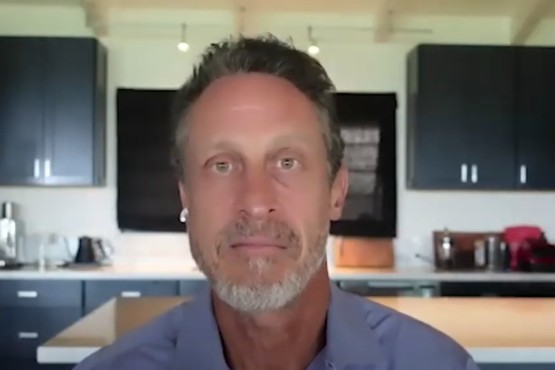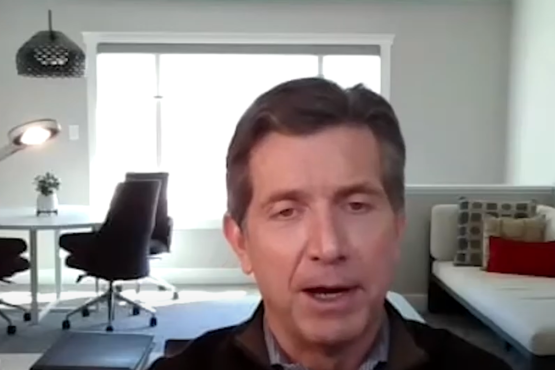What are surprise medical bills and why do they happen?
A surprise medical bill is an unexpected bill a consumer receives from an out-of-network doctor after receiving services at a facility the patient chose because it is in his or her health plan’s network. In these cases, the patient does not know or cannot control whether some care was provided by a practitioner who is not in the network.
For example, if a pregnant woman goes to a hospital to deliver a baby, she will typically have chosen the doctor delivering her baby, but not the anesthesiologist giving her pain medication. If the anesthesiologist is not in-network, she may receive a separate, unanticipated bill from the anesthesiologist. These bills can amount to hundreds – even thousands – of dollars.
How common are surprise medical bills?
Estimates suggest that as many as 15 percent of patients have received a surprise medical bill following a hospital stay. To help shield consumers, insurance companies will usually try to work with the out-of-network physician to reach an agreement on a reasonable payment.
Surprise medical bills are particularly common in emergency room settings. In fact, several studies have found that roughly one in five emergency room visits involve care from an out-of-network doctor. Certain specialties tend to be associated with surprise bills including pathologists, anesthesiologists, radiologists, emergency room physicians and assistant surgeons.
What is being done to address surprise bills?
The Blue Cross Blue Shield Association (BCBSA) believes patients must be protected from crippling out-of-pocket costs and from billing practices that can sometimes saddle consumers with extra costs even though a clinician already has received payment from the insurance company. We firmly believe that people who are insured and who have done all they can to seek care from practitioners and facilities that are in their network should be protected from receiving a separate, unanticipated bill.
BCBSA is working with lawmakers to find solutions and recommends specific changes that can better protect consumers. Our recommendations include:
- A prohibition on balance billing, the practice of billing a patient for additional charges after an insurer has already paid the medical practitioner.
- A clearly defined payment benchmark for out-of-network practitioners associated with surprise billing, where insurers pay these doctors the greater of Medicare rates or the plan’s contracted rate for in-network physicians in the area. The government would develop this methodology so it is made standard. This approach would build on the existing system of negotiations between health insurers and medical professionals, with the goals of minimal disruption, fairness, transparency and predictable payment amounts.
- Patents should not be required to consent to out-of-network care when they do not have alternative options. We support requirements that medical facilities notify patients of their practitioner’s network status at the time they schedule services and inform them of their rights regarding balance billing during intake.
Health insurers also are working continuously to ensure patients have access to robust networks so they can obtain the right care in the right setting from an in-network clinician. In many cases, when patients unexpectedly receive care from an out-of-network physician at an in-network hospital, health plans will try to work with that physician to come to an agreement on a reasonable payment. They will also try to encourage physicians to join the health plan’s network to reduce the risk of a repeat situation for another patient.
However, many states do not prohibit physicians from balance billing or only prohibit it in limited circumstances (e.g., for emergency services). That’s why it’s vital for Congress to act on a federal solution.
Additional resources on surprise bills.
Read our full statement to the House Energy and Commerce (E&C) Health Subcommittee.
See our “Myths vs. Facts” document on this issue.
Read more of our recommendations to address surprise bills.



